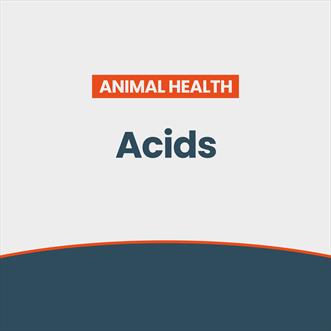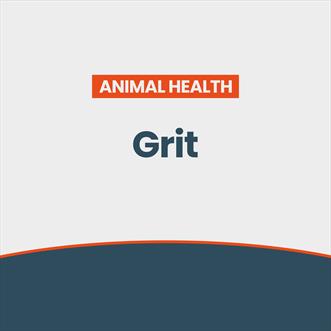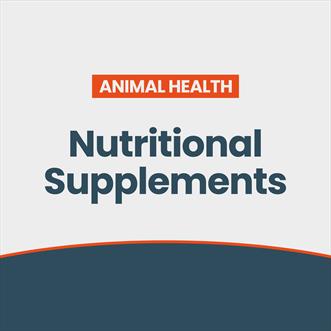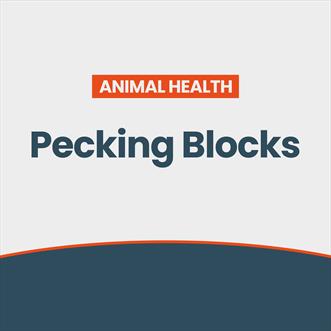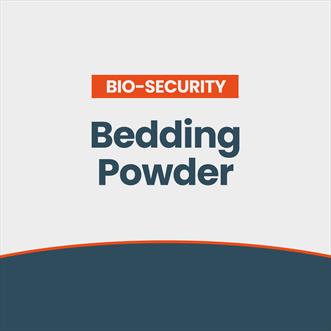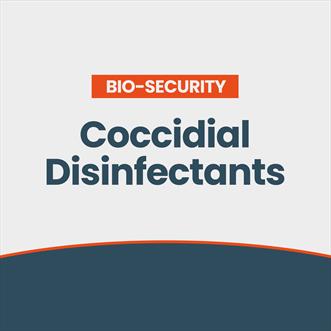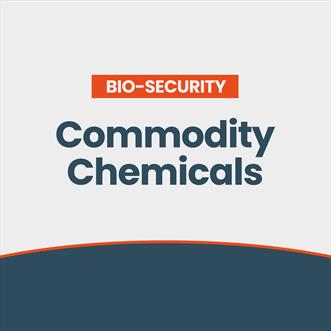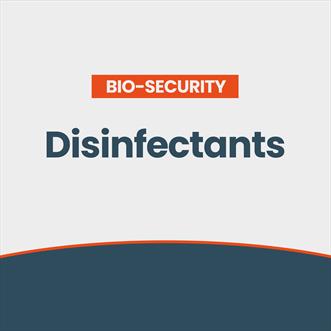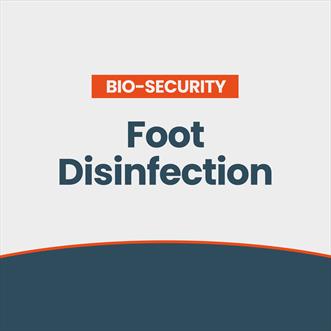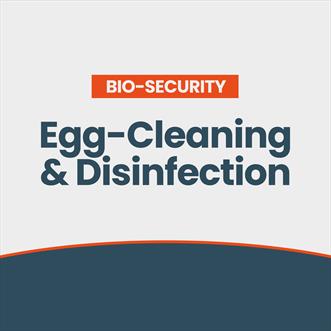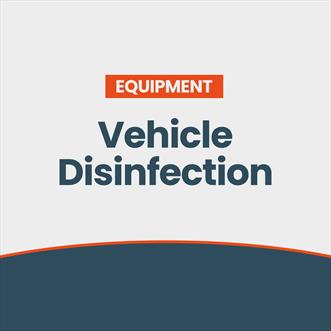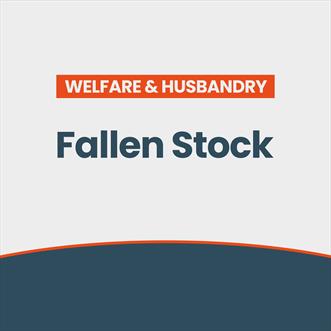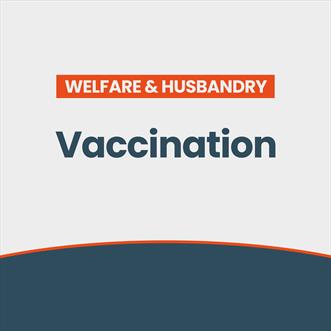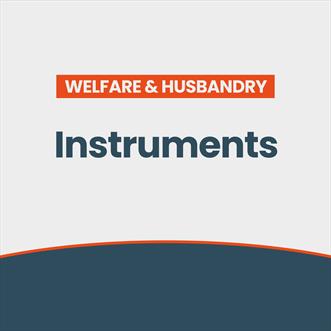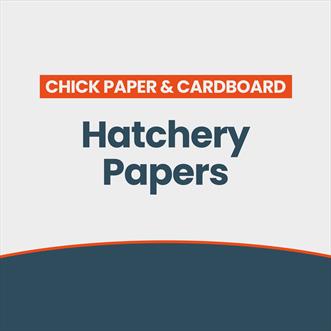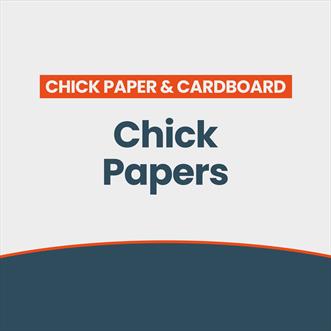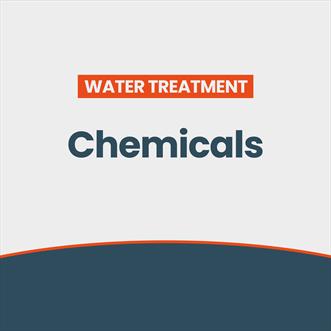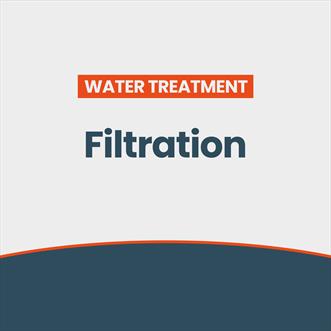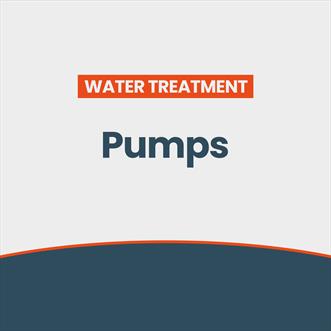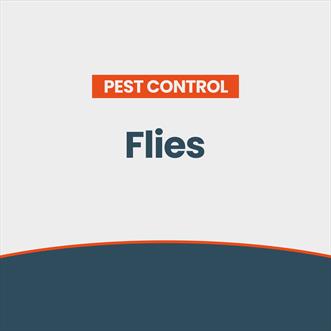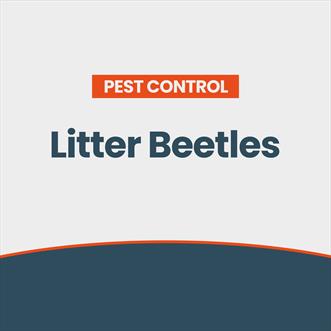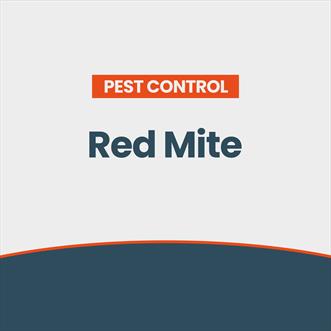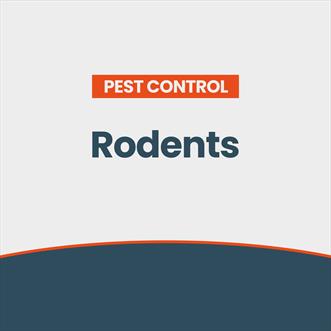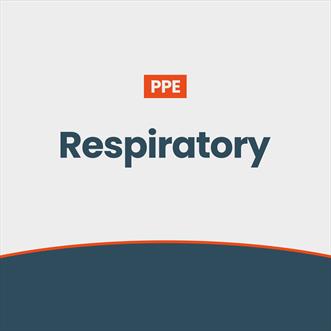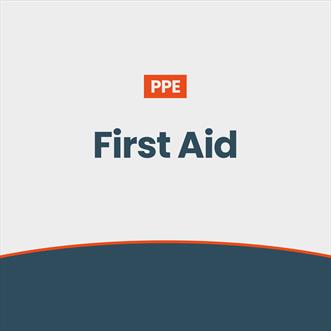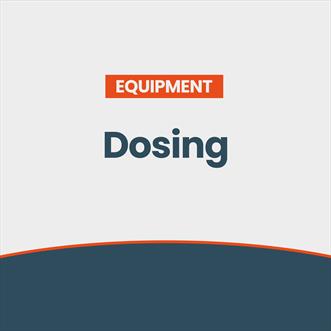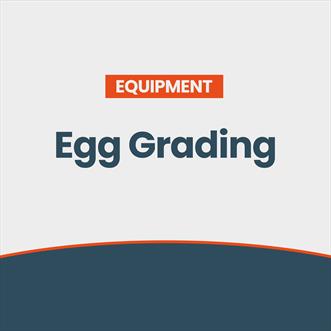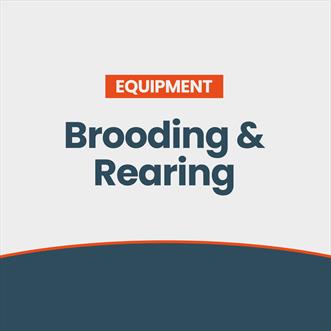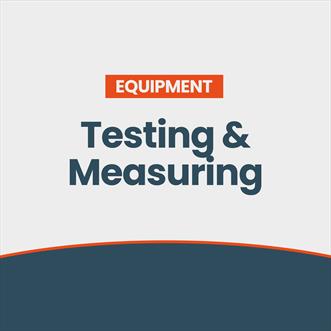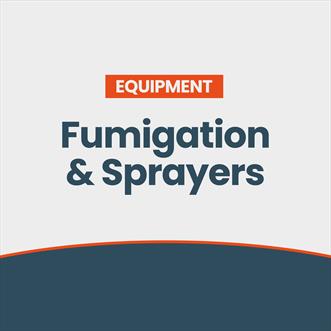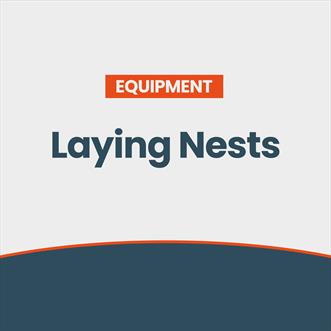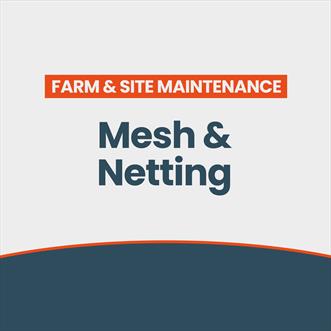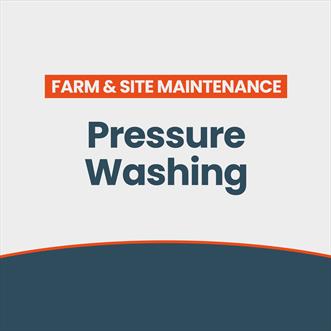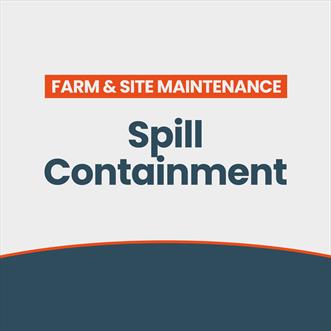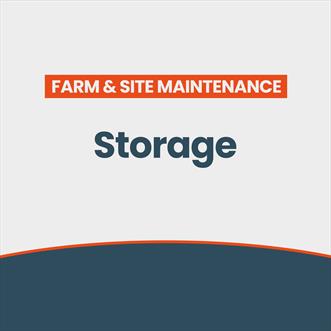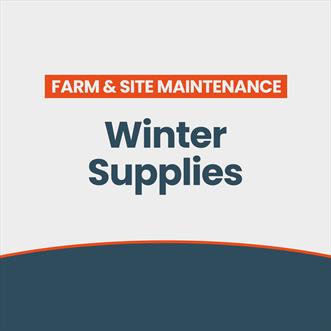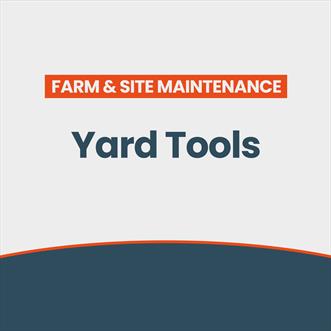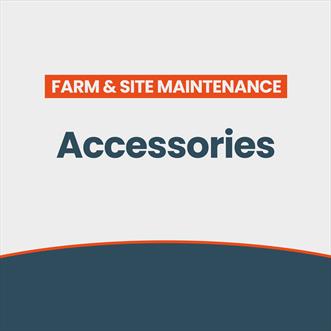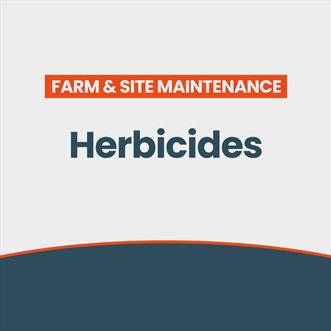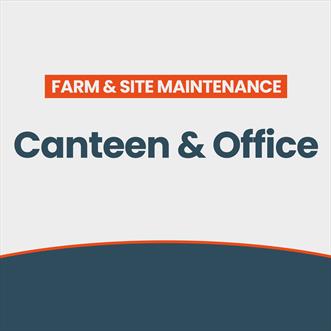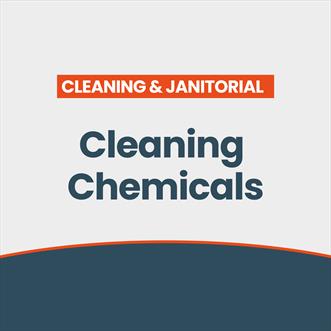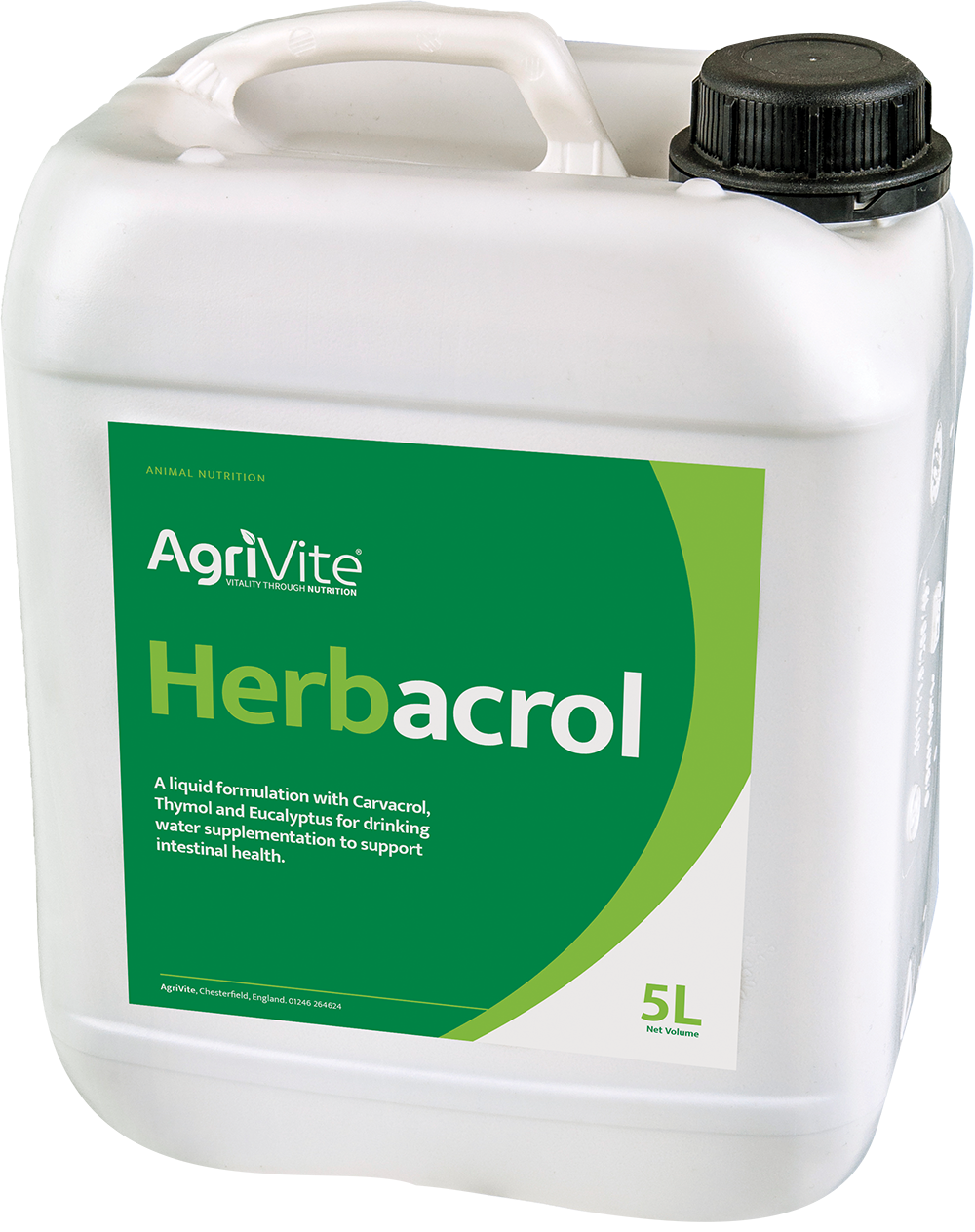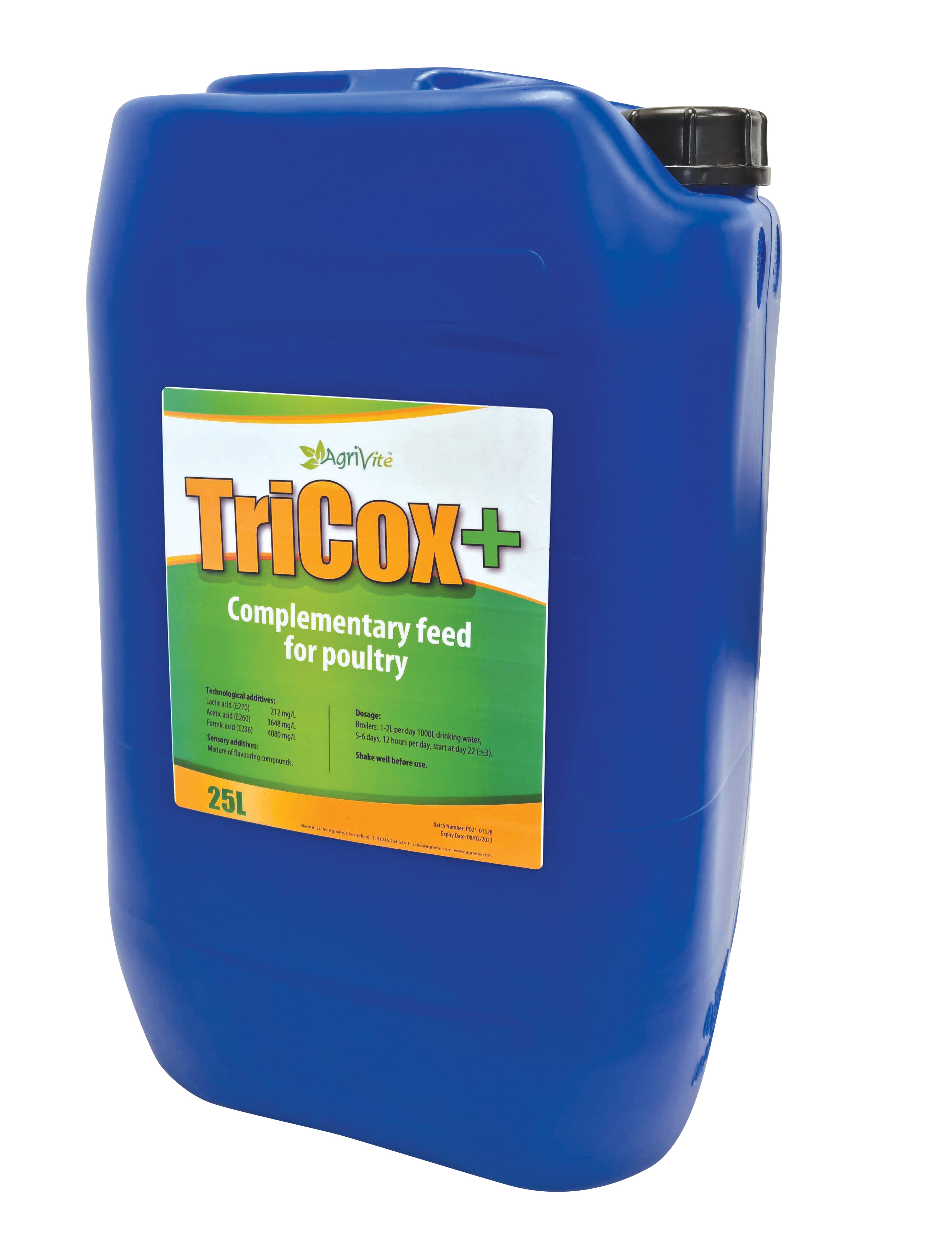The role of advanced nutrition
Clearly, good nutrition plays a vital role in economic production and the maintenance of good poultry health, but applying specific nutrients at key stages can also help birds through challenging or stressful times. Maintaining optimum health throughout the cycle ensures that each bird continues to take on sufficient levels of food and water, thereby maintaining its average daily weight gain and reaching its full potential. Feed additives such as organic acids, probiotics, enzymes and phytogenics can all be used to tackle specific challenges throughout the life cycle of a broiler.
A most critical development stage
One of the most critical stages in the broiler life cycleis at 21-28 days. During this time the bird will often have to cope with a perfect storm of stress-inducing interference comprising a feed change, a Gumboro vaccination and the threat of coccidiosis. It is at this stage that the number of coccidiosis parasites may have increased to such a point that they damage the gut wall, causing birds to become distressed and hampering nutrient absorption.
Dysbacteriosis often follows coccidiosis
Dysbacteriosis is an imbalance in gut microbiota caused by bacteria clostridia perfringens, which normally resides harmlessly in the hindgut of the bird. However, following coccidiosis, clostridia perfingens can often proliferate into the foregut, causing damage and inflammation to its lining. This results in poor nutrient absorption and can also lead to wet litter, which causes further problems. This phenomenon would have been undetected in the days when antibiotics were routinely administered. Of course, these days the rules around antibiotic use are far stricter and the poultry industry is turning increasingly to more natural solutions in the form of phytogenic feed additives to help get birds through this critical period.
Powerful natural ingredients provide critical support
- Eucalyptus - anti-parasitic and aids the immune system.
- Carvacrol - anti-inflammatory and aids the immune system. Carvacrol is the powerful active extract in oregano. Whilst other products may contain oregano, we use only the concentrated extract of oregano, to ensure a consistent quality and strength.
- Thymol - anti-inflammatory, anti-bacterial, antioxidant. Thymol is extracted from thyme. This active ingredient increases feed-utilisation by improving digestive enzyme secretion and boosting appetite.
Establish a pattern of when to boost a flock
Administered through the water lines at 250ml per 1000L for 3-5 days, Herbacrol can help calm the gut and maintain feed and drink consumption during the 21-28 day period, as well as providing an anti-parasitic and antibacterial effect. We recommend administering Herbacrol at the first signs of distress during this time - the easiest way of doing this would be by observing any reduction in water intake. By analysing historical data on water consumption, it is possible to identify when a particular farm typically experiences some drop-off of water intake (which is a reflection of reduced food intake and therefore overall health of the birds). This data can then be used for treating subsequent crops to ensure minimal deviation from anticipated weight gains.
Farm case study
We have been working closely with a farm that has been using Herbacrol consistently during the 21-28 day phase for some while now. Its routine use has been shown to keep the birds in good health, without gut illness or diarrhoea, preventing gut inflammation and maintaining positive feed and water consumption. Further examination revealed a strong, healthy gut lining, based on lesion scoring conducted, with a good performance against coccidiosis. Herbacrol has helped this farm maintain average daily weight gain through this challenging period and achieve good yields from crops overall. It demonstrates the effectiveness of providing advanced nutrition to high performing flocks during this potentially most challenging part of the growing cycle.
On-farm Herbacrol results
- Good general health
- Strong healthy gut lining
- Good performance against coccidiosis
- Positive feed and water consumption
- Healthy daily weight gain
- No diarrhoea
- No gut illness

